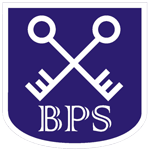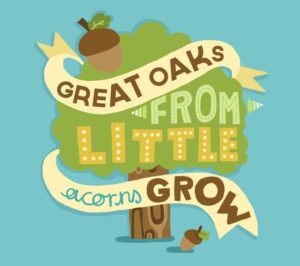Curriculum
Curriculum Overview
Intent: Through our curriculum children become confident, resilient and independent learners, with a passion for learning and the ability to express their opinions and beliefs. Implementation: Skills are taught progressively across year groups leading to knowledge building over time. We provide learning with clear opportunities for speaking and listening. Impact: This is seen in the work produced and the outcomes …
Art & Design + Design & Technology
Curriculum Rationale Art and Design We believe that that art is a vital part of the education of all children. The child’s use and understanding of art needs to be developed by effective teaching and by a considered sequence of experiences. We aim to provide an art curriculum which will enable each child to reach …
Computing
Curriculum Rationale We believe that skills in computing are fundamental to children’s learning and should be incorporated into all areas of the curriculum wherever possible. It is recognised that we have a responsibility to encourage digital literacy in all pupils so support the present and in preparation for their future. New technologies require children to …
Early Years Foundation Stage
Curriculum Rationale At Benington we strive to create a safe and happy environment, which inspires, challenges and supports pupils to achieve their potential. The Statutory Framework for the Early Years Foundation Stage provides the structure for our curriculum and approach. The framework covers the education and care of all children in Early Years provision, including …
English
Curriculum Rationale Reading – Reading is the heart of the curriculum. The ability to read is fundamental to pupils’ development as independent learners. .In reception children begin with Phase One books (no words). Children in reception and Y1 are assessed at the end of each Little Wandle unit and their individual reading books match the phase they …
Geography & History
Curriculum Rationale Geography We believe that geography provides a way for children to make sense of the world around them. Pupils are given opportunities to learn about their world; to develop skills, knowledge and vocabulary. Pupils at this school will have access to geography appropriate for their age and ability that follows the guidelines of …
Handwriting Presentation
Intent: We believe that all pupils should be able to write confidently and clearly in order to communicate their knowledge, ideas and emotions and share their written work with others. To take pride in the presentation of their work in all subjects. Implementation: Skills are taught progressively across year groups: starting with correct letter formation …
Maths
Curriculum Rationale Mathematics is essential to everyday life, critical to science, technology and engineering, and necessary for financial competence needed for everyday life and most forms of employment. A high-quality mathematics education therefore provides a foundation for understanding the world, the ability to reason mathematically, an appreciation of mathematics and a sense of enjoyment and …
Music
Curriculum Rationale Music is a unique way of communicating that can inspire and motivate children. Music reflects the culture and society we live in, and so the teaching and learning of music enables children to better understand the world they live in. We provide opportunities for all children to create, play, perform and enjoy music, …
Modern Foreign Language
Curriculum Rationale At Benington, we use Twinkl to support our French curriculum. The early acquisition of a foreign language study of languages prepares pupils to participate in a rapidly changing world in which work and other activities are increasingly carried out in languages other than English. Impact: Learning a language helps develop confidence and raise …
Physical Education
Curriculum Rationale Physical education develops the children’s knowledge, skills and understanding, so that they can perform with increasing competence and confidence in a range of physical activities. These include dance, games, gymnastics, swimming and water safety and athletics. Physical education promotes an understanding in children of their bodies in action. It involves thinking, selecting and …
Religious Education (RE)
Curriculum Rationale Religious Education is received by all children in discrete classroom teaching. The children will be involved in learning about many religions of the world and increasing their knowledge and respect for the many cultures and beliefs. The teaching of Religious Education follows the guidelines laid down by Hertfordshire County Council in the agreed …
RSHE & PSHE
Curriculum Rationale Relationships education is learning the fundamental building blocks and characteristics of positive relationships, with particular reference to friendships, family relationships, and relationships with other children and with adults. Health education is learning about physical health and mental wellbeing to give them the information that the children need to make good decisions about their …
Science
Curriculum Rationale Science is a body of knowledge and skills built up through experimental testing of ideas. Science is also a practical way of making predictions and find reliable and reasoned answers to questions we may ask about the world around us. Working scientifically in our school is about developing children’s ideas and ways of …

